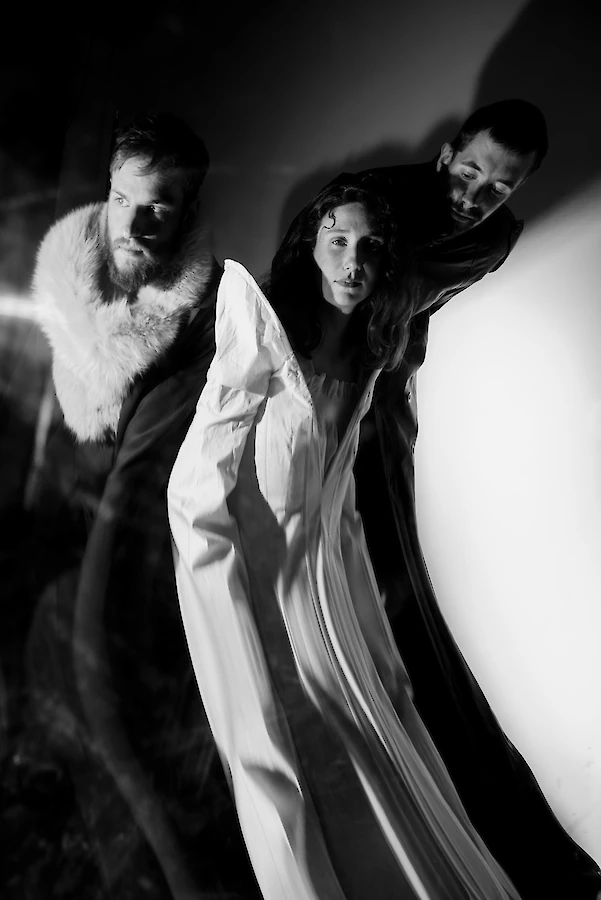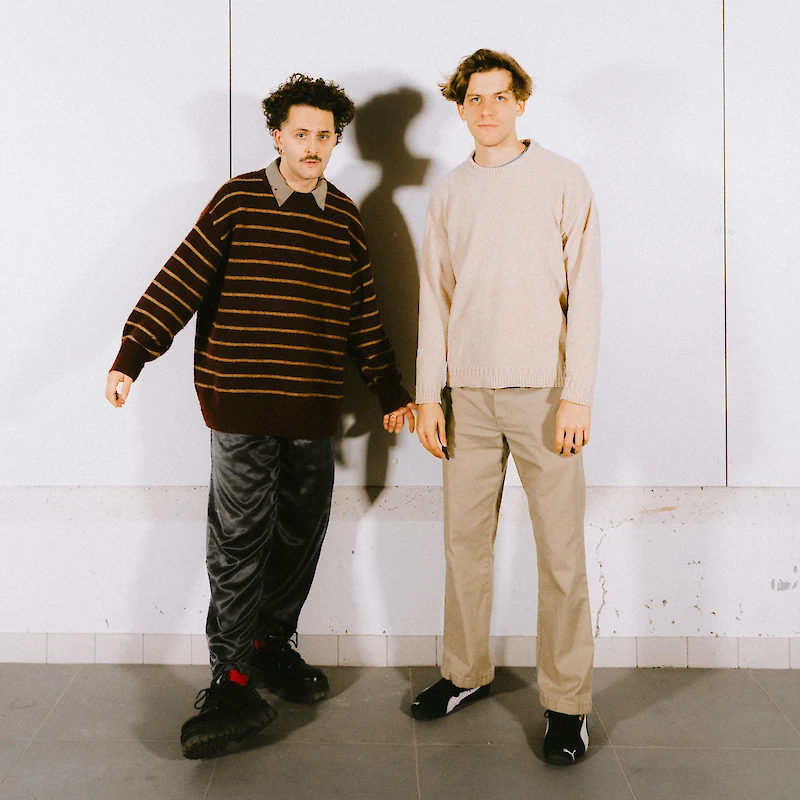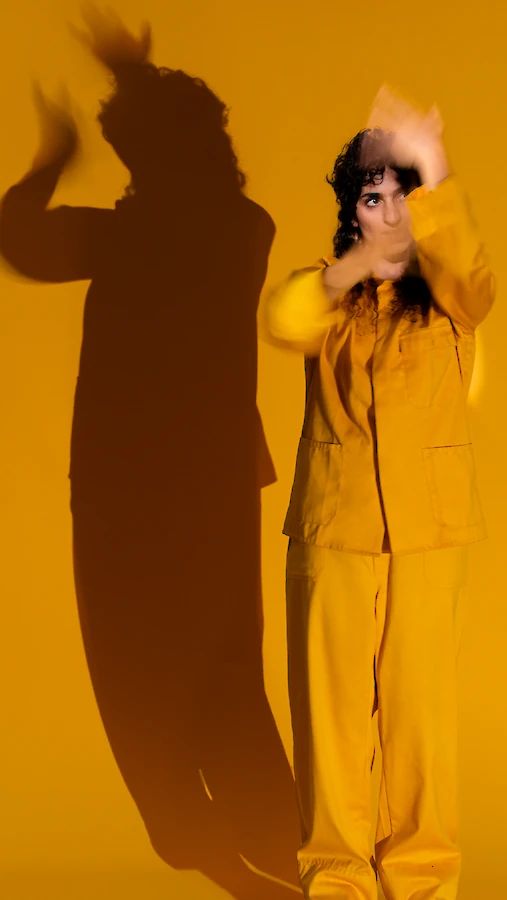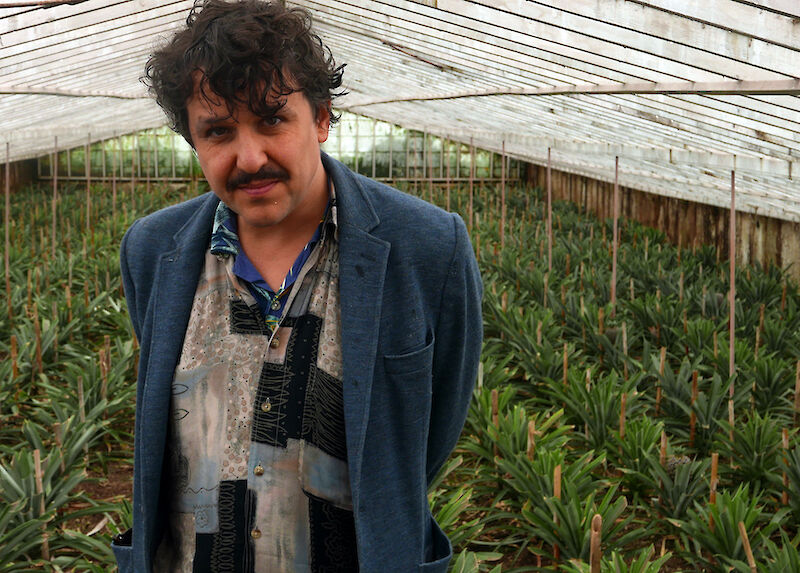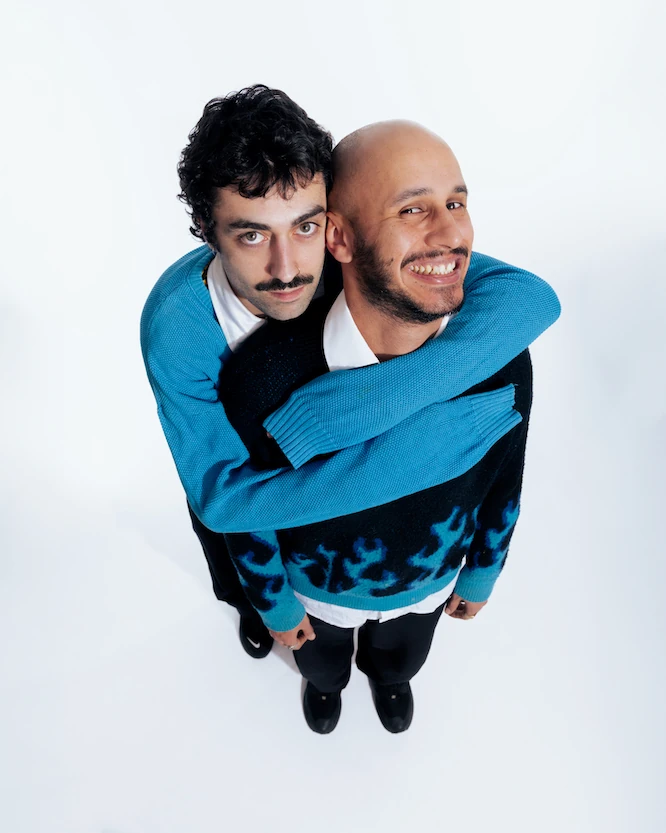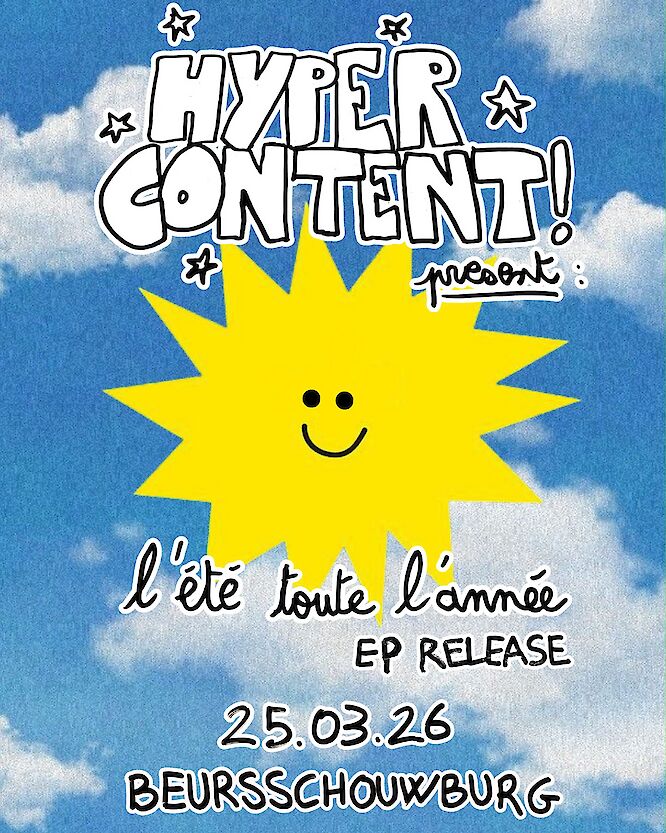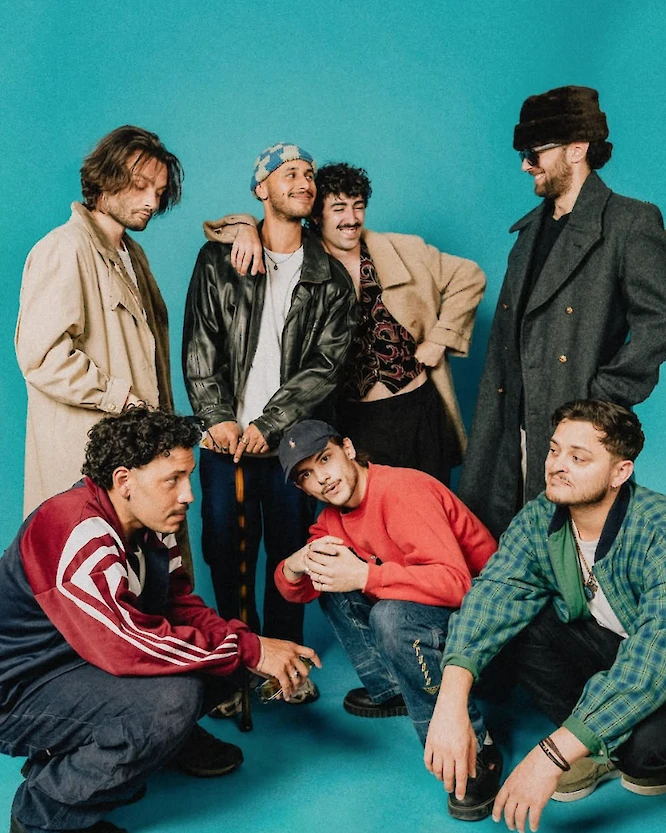Hors d'oeuvre #4 Ôrí
Onze geassocieerde artiesten nadjim bigou-fathi en soto labor nodigen je uit voor een documentaire over de Braziliaanse zwarte beweging in de jaren 70 en 80.
reserveer je plek via bissi@beursschouwburg.be
Hors-d'oeuvre is conceived as a screening programme where soto and nadjim want to share films they have come across in the course of their research into the Frsh project (search for an object in a pocket). This project, developed since March 2021, consists of a critical and performative study of the methods of making discourse by looking at the dynamics of power at work in the production and transmission of history(ies).
This event is part of their first residency as associated artists. Their ambition is to share their interests and ideas in a convivial setting, where they can reflect together on issues such as the management of our narratives, the conditions under which they are produced and the power relationships they imply.
Ôrí (1989)
93 minutes
In Portuguese, with English subtitles
The poetic documentary Ôrí was filmed at the end of the 70s during the military dictatorship in Brazil. It was directed by Raquel Gerber, a Brazilian sociologist and film-maker, with contributions from Beatriz Nascimento, an Afro-Brazilian historian and activist. This film documents the Black Movements in Brazil (70's-80's) and explores the concept of quilombo* updated through narrative.
The word Ôrí, head, black consciousness, is a Yoruba term (an ethnic group predominantly represented in West Africa). Ôrí, as Beatriz Nascimento understood it, refers to the black diasporic community in its relationship to time, space and ancestry. For the historian and activist, it is first and foremost a quest for identity, a preparation and/or an initiatory journey where mind and conscience join forces to progress together in their mutual understanding of history and culture.
Beatriz Nascimento is deeply involved in the Black Movements in Brazil, and sees the quilombo as an autonomous space for the liberation of Black communities. From this perspective, she raises the question of intra-community relations between black peoples and the creation of national and transnational narratives and solidarities.
*A quilombo (from Kimbundu, one of the Bantu languages spoken in Angola), also known as a palenque, refers to an organised community of maroon slaves or refugees in Brazil.
Small capacity.
Vegan meal included.
All languages are welcome in the discussion.
Reserve your spot via bissi@beursschouwburg.be - we prioritize afro-descendant people.

